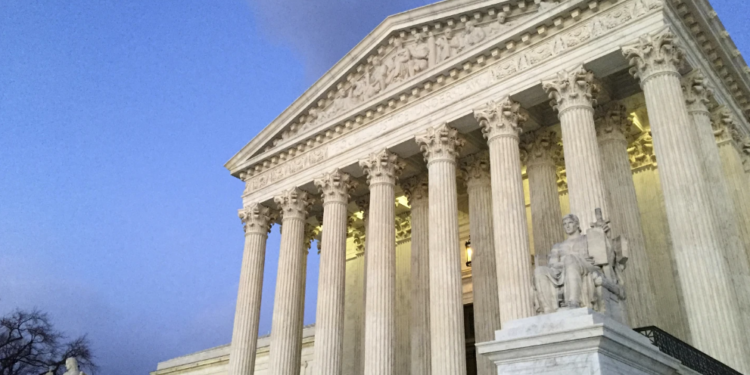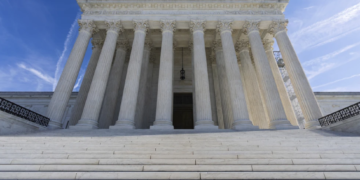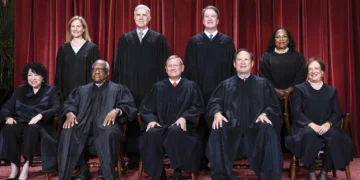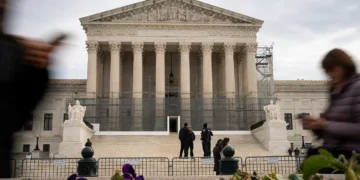Feb 27, 2025 Story by: Editor
WASHINGTON (AP) — The Supreme Court ruled on Tuesday that individuals who secure early victories in civil rights lawsuits are not automatically entitled to recover legal fees. This decision, which came in a 7-2 vote, has raised concerns among both conservative and liberal advocacy groups, who argue it could discourage people from pursuing civil rights claims in court.
The case involved Virginia drivers who had challenged a law that suspended licenses for unpaid court debts, arguing it was unconstitutional. They won an initial court order blocking the law’s enforcement, but before a final ruling could be issued, Virginia repealed the measure, effectively ending the case.
Typically, each party covers its own legal costs in court. However, an exception exists in civil rights cases, allowing plaintiffs who prevail to have their legal fees paid by the opposing side. This provision is intended to encourage individuals to bring civil rights claims without fear of financial burden.
Virginia appealed to the Supreme Court after an appeals court ruled that the state should cover the drivers’ attorneys’ fees. The state contended that since the plaintiffs had only secured a preliminary injunction—rather than a final ruling—it should not be obligated to pay their legal fees.
Advocacy organizations, including the American Civil Liberties Union and the Firearms Policy Coalition, supported the drivers, emphasizing that many civil rights cases are resolved at the preliminary injunction stage. They argued that if plaintiffs could not recover legal fees in such cases, fewer people would be willing to challenge government actions in court, fearing costly legal expenses even if they presented a strong case.
However, the Supreme Court determined that securing an early ruling is insufficient. Chief Justice John Roberts, who authored the majority opinion, stated that plaintiffs must ultimately prevail on the merits to recover legal costs. His opinion was joined by the court’s five other conservative justices and Justice Elena Kagan.
The majority also dismissed concerns that governments could manipulate cases by amending laws after losing at the preliminary injunction stage, calling such fears “speculative” and noting that they apply to only a limited number of cases.
Justices Sonia Sotomayor and Ketanji Brown Jackson dissented from the ruling. Source: PBS















